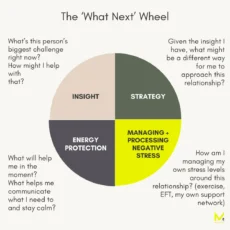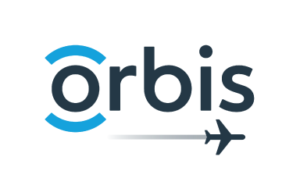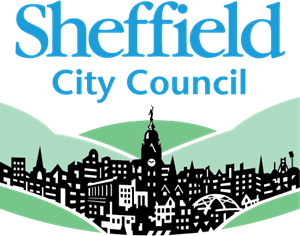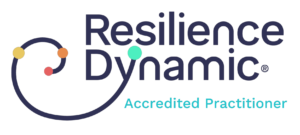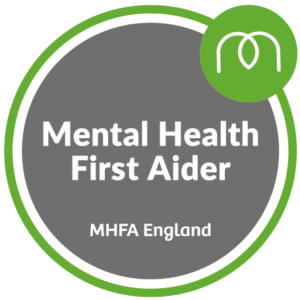I find myself having conversations with friends or potential clients where we explore what’s needed – is it coaching? Or therapy? Hmm interesting and useful question to ask. But it’s only part of the picture. I’ll explain…
I have both a coach and a therapist right now. Sometimes, for some of us, that works. Sometimes it’s better to do one or the other, the delving and unravelling we do in therapy can be in tension with the looking forward nature of pure coaching, but that’s not always the case. It depends on you, how your coach or therapist works, and what it is you want to talk about or work on.
A simplistic definition of the difference between coaching and therapy is that coaching focuses on ‘how do you want things to be’ and therapy is about opening the pandora’s box of past emotions, challenges, experiences and looking at them, airing them, so you feel lighter. That is simplistic, as of course in coaching all of our past experiences are a fantastic resource for us to learn from, and they have made us who we are, so they do feature. And I know many therapists who definitely look at ‘how do you want things to be?’
What if you didn’t need to choose? What if you could work with a very experienced coach who also incorporates therapeutic tools and approaches into their work?
Over the last few years many traditional counsellors have trained in coaching skills to deepen their practice. And similarly some coaches have added other strings to their bow.
‘Do I need a therapist or a coach right now?’ is a great question to consider. The success of either will be down to yes, the skill of the practitioner, but also your commitment to the process, how ready you are to open up, be challenged, and do some reflection.
Back in 2021, having used emotional freedom technique myself since my early 20s, I trained with Louisa Hussey to become an EFT practitioner. What on earth does this mean? It means I can work with my coaching clients using emotional freedom technique (EFT) to help them process any stress, sadness, upset, anger (insert emotion of your choice) that they are experiencing right now, or that they have experienced in the past that might be still bothering them or holding them back now.
An example? Say you received some feedback after an interview that you had five years ago that you lacked gravitas, and that you didn’t get the job because the interviewer couldn’t picture you in that director role. You might have been upset and angry at the time, and you might have internalised that a bit and the voice in your head that says ‘gravitas, whatever it is, is not something I have so I can’t go for that next big job’ pops up every now and again. It’s keeping you safe. You might not have felt able to challenge, or ask for clarification, at the time, so you carry that feedback with you. Your logical brain might know that this interviewer has an outdated view of leadership which is about projecting seriousness and confidence in a particularly (often traditionally white, male) way and you might know that’s outdated, but emotionally that feedback still stays with you.
Using EFT we don’t need to re-live the whole story of that feedback in a coaching session, unless you would find that helpful, but we focus in on the emotion of it, and experiment with seeing if we can let it go. This might involve a slight shift in how we are viewing the situation, a gentle reframe such as ‘even though I’ve held so much anger about this feedback, I’m learning to believe in myself and what’s possible’ or ‘even though I worry I don’t have what it takes, I’m choosing to focus on my strengths and what I bring to a leadership team.’
Sometimes we put outdated feedback in a metaphorical bin.
The beauty of EFT is that it is a way of getting out of our overthinking minds so we focus on our bodies, and our emotions (which we often store in our chests, shoulders, stomachs, behind our eyes or somewhere else.) You can probably logic your way out of the anger you felt about this feedback ‘I don’t care what that interviewer thinks anyway, as I don’t respect them.’ Or ‘that was five years ago and I’m in a different place now’. But that doesn’t address the emotions behind the situation, and EFT can go to that place and can clear the decks of the pent up feelings you need to shift in order to move on.
And then, when you feel calmer and lighter, that’s when I will draw my pure coaching skills out of my toolbox, to support you to create something new: a new belief, strategy, plan, practice, mindset, whatever you need, and help you bring that to life and hold you to account whilst you do it.
The best bits of coaching and therapy right there.
Yes, I can help you process the old stuff, and yes I can help you create something new and work with you to ensure you stick to it.
These days you don’t always have to decide whether you want coaching or therapy, sometimes you can have both in one practitioner.
What do you need right now? When have you worked with someone who mixed it up a bit? I’d love to hear your stories. Drop me a line anytime.
Read more about my 1-1 coaching packages right here. If you need a conversation with your employer about budget, this 1 page summary will be useful.
To book a call with me to talk through what you want to get from coaching, click here.




